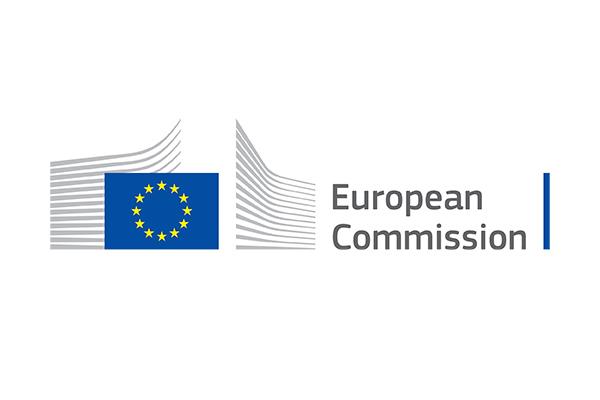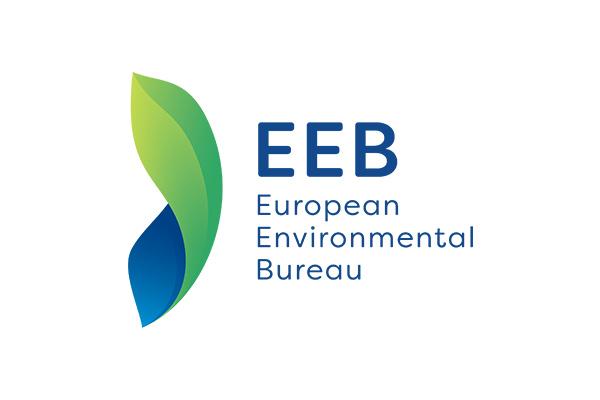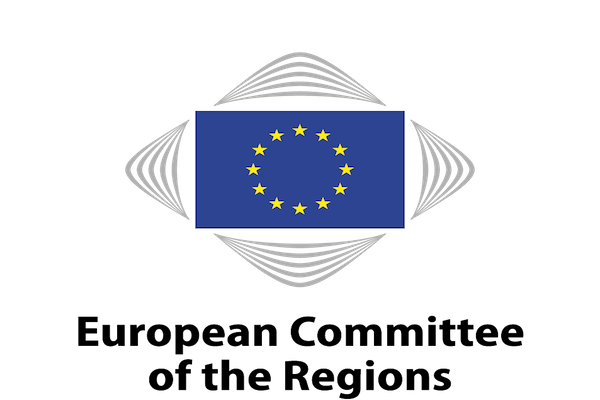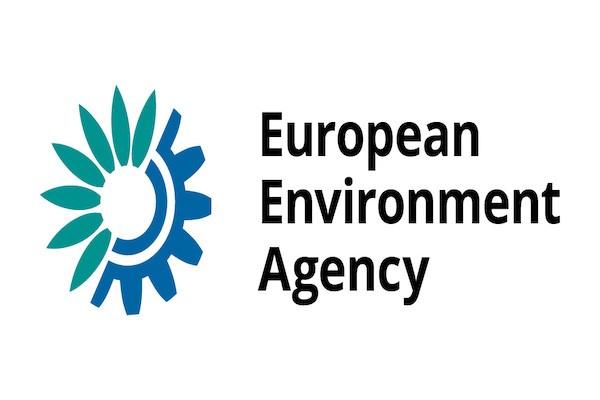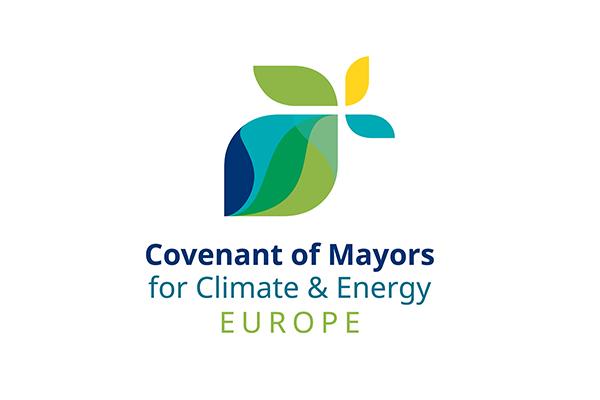Key dates for 2027 competition
The competition for the European Green Capital and European Green Leaf Awards 2027 is open from 15 January 2025 to 15 April 2025 midnight.
Interested cities are invited to register for the contest via the EU survey, to ensure they receive access to the relevant documents and the application form.
Download does not bind you to apply.
Find the key dates of the competition below:
- 15 January 2025Competition opens
- 19 February 2025Online Applicant City Workshop: How to make a good application
- 15 April 2025Competition closes (at 23:59 CEST)
- May/June 2025Assessment of applications by the expert panel
- July 2025Announcement of the finalist cities for 2027
- Autumn 2025Finalists cities make presentations to the Jury
- Autumn 2025Awards ceremony to announce the winners (Vilnius, Lithuania)
Rules of contest and eligibility
Download the latest Rules of Contest for both the European Green Capital and European Green Leaf Awards.
The Rules of Contest must be adhered to in order for applicant cities to submit eligible applications.
This call for entries for the European Green Capital and European Green Leaf Awards is open to the following applicants:
- Applicant cities from Member States as well as from third countries that are associated to the LIFE programme at the time of closure of the present call.
- Cities from EEA countries can also participate in the call and win the awards, but the prize money will only be given to countries that are associated to the LIFE programme at the time of closure of the present call.
- For the European Green Capital: applicant cities from the countries listed above which have more than 100 000 inhabitants.
- For the European Green Leaf: applicant cities from the countries listed above from 20 000 and below 10 000 inhabitants.
- For the purposes of this contest, a 'city' is understood to be an (1) urban area, including metropolitan areas (excluding agglomerations that combine more than one otherwise eligible cities), and must encompass an (2) administrative unit governed by a city council or another form of democratically elected body. In case of doubt whether an entity is a city or not, the applicant will be asked to show the status of the city in question in accordance with its national law.
- For population data, Eurostat will be the source of reference. For countries not covered by Eurostat, the European Commission will perform specific checks when assessing the eligibility criteria and might ask any concerned cities to prove they comply with this requirement.
- In any given year, cities can apply for either the European Green Capital Award or European Green Leaf Awards, but not for both at the same time.
- Past winners of the European Green Capital Award or European Green Leaf Awards titles may not re-apply.
How does my city apply?

- General publications
- 15 January 2025

- General publications
- 15 January 2025
Download the leaflets for the European Green Capital Awards in all languages.
Download the leaflets for the European Green Leaf Awards in all languages.
You can also find out if your city has what it takes to win by reading the evaluation section below.
Online Application
The competition for the European Green Capital & European Green Leaf Awards 2027 is open from 15 January 2025 to 15 April 2025.
For information on putting together an application for the European Green Capital and European Green Leaf Awards you are advised to carefully read the guidance note and examine the draft application form for the 2027 competition.
Submit your application via the application portal.
How to make a good application?
An applicant workshop took place online on 19 February 2025. The aim of this workshop was to guide participants on how to write a successful application. Check out the recording of this year's workshop.
Evaluation Process
The selection of awarded cities for both awards is assessed on the basis of seven environmental indicators:
- Air Quality
- Water
- Biodiversity, Green areas & Sustainable Land Use
- Waste & Circular Economy
- Noise
- Climate Change: Mitigation
- Climate Change: Adaptation
Information to be provided by the applicant cities:
In the application process, cities are asked to provide information on their performance across the above seven environmental indicators.
Specifically, the application form has four sections per indicator, as follows:
- Describe the present situation.
- Describe the measures implemented over the last five to ten years.
- Describe the short-term and long-term objectives for the future and approach to achieve these objectives.
- Explain how the above information can be documented, adding links if possible.
Panel of experts
The members of the panel of experts are responsible for the technical review of the applications of the European Green Capital and European Green Leaf 2027. Members of the panel of experts are individuals appointed in their personal capacity who act independently and in the public interest.
Technical assessment
The evaluation process is two-fold: 1) a technical pre-evaluation is carried out by a panel of experts, and 2) a final assessment is made by a jury.
The panel of experts provides a technical assessment (based on objective, reliable and comparable information) and prepares the groundwork for the selection of the cites to be awarded with the title of European Green Capital or European Green Leaf. The final decision on which cities will be shortlisted lies with the Commission (guided by, not bound by, the assessment of the panel of experts).
The finalist cities are then invited to present their action plans and communication strategies to a jury.
The Jury
Following these presentations, a jury deliberates and selects the winner of both awards. The jury is appointed by the Commission (as represented by the Director General of DG ENV – note that the Director General of DG ENV is the authorising officer responsible for awarding the financial prize).
This year, the jury includes representatives from:
Shortlisted cities
Following the evaluation process, cities are shortlisted for the next stage of the competition. The shortlisted cities will be invited to present their application in front of the jury. The Jury then assesses the shortlisted cities in the light of all the information provided and decides on the winners.
Representatives of each shortlisted city will be invited to give an oral presentation in front of the jury covering the following:
1) The applicant city’s overall strategy, vision and commitment to sustainability, and how these are being and will continue to be implemented in practice – as well as the approach the applicant city intends to take as a European Green Capital or European Green Leaf respectively.
2) The city’s communication strategy and actions as a European Green Capital or European Green Leaf for 2027, which should address:
- Citizen communication and involvement to date in relation to the seven environmental indicators, effectiveness via changes in citizen behaviour, lessons learnt and proposed modifications for the future.
- The city’s ability to showcase its sustainability vision and plans at local and regional levels.
- How the applicant city intends to fulfil their role in inspiring other European cities.
3) Their proposal on concrete initiatives and measures for 2027 with the aim to enhance the transition to a greener and more sustainable city. The city should give examples and inform about planning to reach policy targets, such as those under the European Green Deal (see more detail in the rules of contest P 3-5).
Following these presentations, the jury will deliberate on the winner of the European Green Capital and European Green Leaf Awards. The Jury will select the winners on the basis of the award criteria.
The winner of the European Green Capital Award 2027 and winner(s) of the European Green Leaf Award 2027 will be announced at a festive ceremony in Autumn 2025 in this year's European Green Capital Vilnius (Lithuania).
The awards present a unique opportunity to become a symbol of European urban sustainability by showcasing all the efforts the city has made in this domain. Furthermore, the application process itself helps a city take stock of its efforts towards sustainability both in qualitative and quantitative terms. It also helps the city accelerate their journey towards their green transformation.
The awards are the recognition of excellence by the Commission for outstanding efforts towards creating a sustainable city, providing widespread recognition and visibility that can generate investment and tourism, as well as improving access to other EU initiatives and opportunities. In addition, EUR 600 000 is provided for the European Green Capital, and EUR 200 000 for the European Green Leaf winner(s), supporting further efforts of sustainability. Moreover, the award year gives the opportunity to organise a number of high-profile, international events providing great opportunities for increasing the professional network of the municipality. Finally, winners of the European Green Capital Award will gain access to an exclusive network of former winners and finalists, where further ideas can be developed and exchanged in an informal setting.
The application process was designed in a way to provide ease of access to a wide variety of municipal governments. Therefore, we are confident that most cities will be able to complete it without too much difficulty. Dedicated experts are of course helpful in the process, as well as previous experience in EU applications, but several webinars and direct support are also available for city governments to aid in the process. We do advise that cities start preparations months before the deadline to gather all the required data and formulate a plan that involves multiple aspects and stakeholders. For inspiration, you can download the application form and rules of contest from the most recent past cycle bearing in mind that it is subject to change to reflect any updates in EU legislation, strategies and initiatives.
Yes! No city is perfect and we understand that. What we are looking for is tangible efforts to increase urban sustainability through various initiatives, and an overarching vision to maintain and improve the cities’ environment and the life of its citizens, measured accordingly to the seven key indicators presented in the application. Naturally, we appreciate if cities highlight their issues, but provide potential solutions as well, showing commitment to handle even the most difficult challenges.
Not necessarily. The application process has been improved throughout the years based on the feedback from many cities and experts. Thus, it is now a streamlined, straightforward task. We also provide a number of materials, guides and webinars to assist cities in their application and they are encouraged to reach out to the Commission or former winners for support. While dedicated, experienced staff is certainly useful, we believe that most cities can complete their application with the resources that most settlements already have access to.
For the application, cities need to assess their status and progress according to seven key environmental indicators, with defined methods of measurement and evaluation laid out in our guidance document. Winning cities need to submit a report of the activities carried out after their year as European Green Capital has ended.
Absolutely! The Commission judges applications by their quality, not their source, and encourage all eligible cities to apply.
No! Any city can apply if they meet the application criteria, and potentially become the European Green Capital.
If at least 20 000 people live in your settlement, then yes, you can apply to be a European Green Leaf! Cities with more than 100 000 citizens can apply to the European Green Capital Award.
The awards are currently available for cities in Member States and countries of the European Economic Area (EEA) and non-EU countries that participate in the LIFE Programme (Iceland, Ukraine, Moldova etc.). EEA countries not participating in the LIFE Programme can receive the title, but not the prize money.
For the purposes of this contest, a 'city' is understood to be an (1) urban area, including metropolitan areas (excluding agglomerations that combine more than one otherwise eligible cities[1]), and must encompass an (2) administrative unit governed by a city council or another form of democratically elected body.
[1] An agglomeration is understood to be a grouping of cities/towns/municipalities or other entities that form one or several urban areas, however not governed by the same city council
There is no upper limit in terms of size and population of cities, therefore yes, they can apply.
Yes, you are encouraged to involve a variety of stakeholders in the process, especially representatives of the public. While the submission must be made by city hall, elements that enrich the application by adding different perspectives is viewed favourably by the jury. A suggestion could be to organise a town hall meeting for your citizens to support you in the process of the application and trouble shoot any potential issues of concern.

